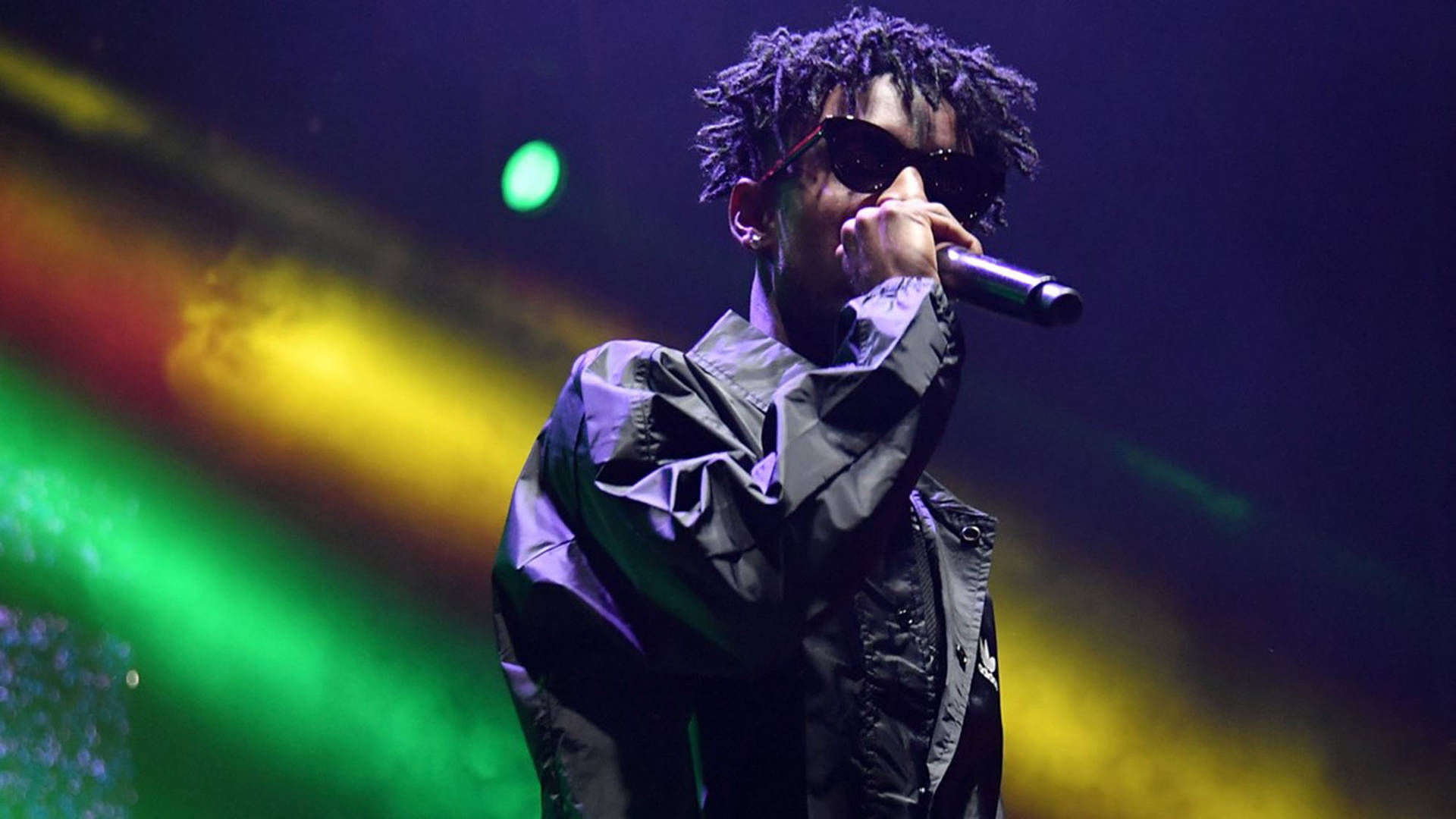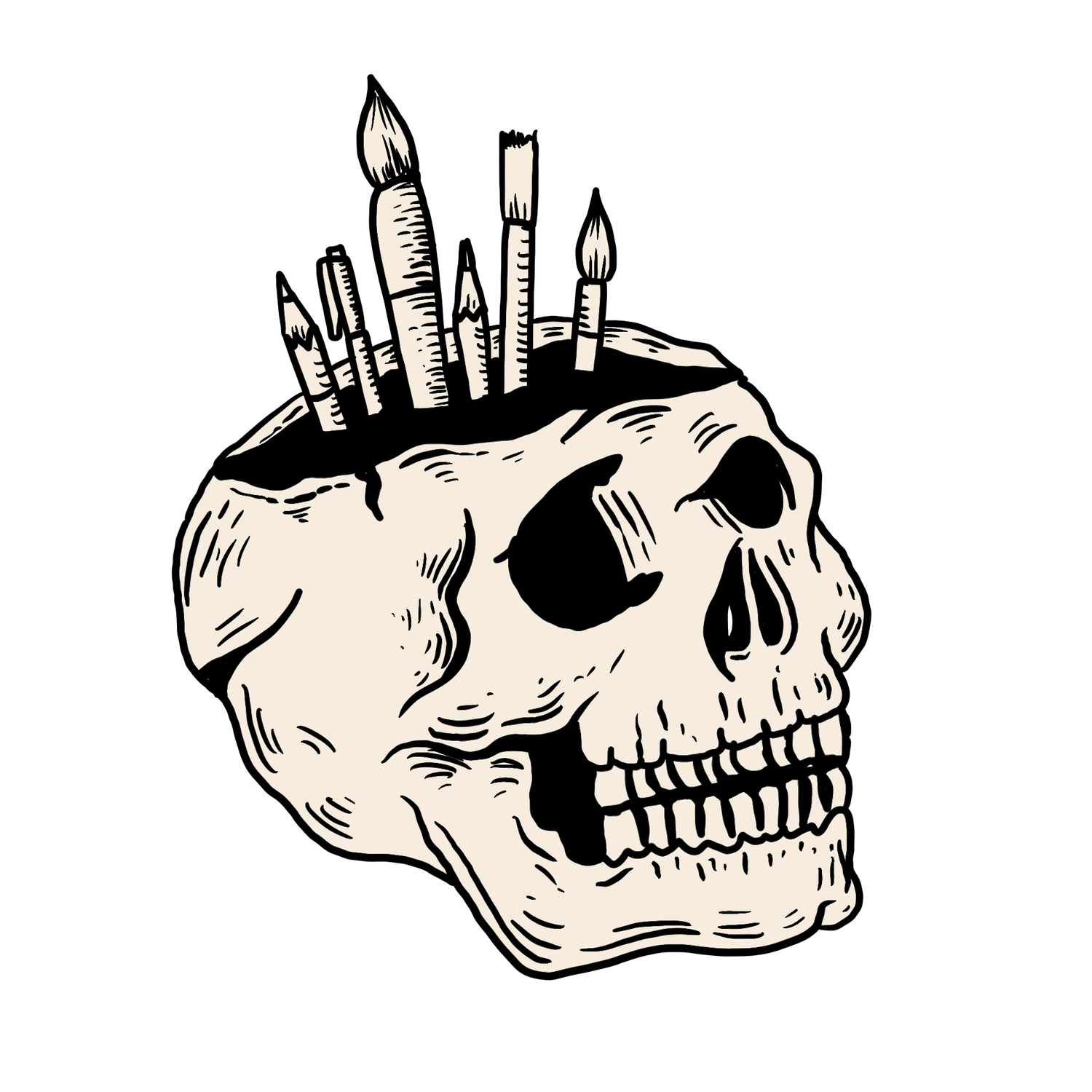When it comes to public figures, appearance often becomes a topic of debate, and rapper 21 Savage is no exception. Known for his gritty lyrics and unique style, 21 Savage has sparked discussions about his looks, with some labeling him as "ugly." But does this label define him, or is there more to the story? In this article, we'll delve into the origins of this debate, explore his life, career, and public perception, and uncover whether the "21 Savage ugly" narrative holds any merit. While opinions on beauty are subjective, the conversation around 21 Savage's appearance has grown into something much larger than just aesthetics. It reflects societal standards, media influence, and the way we perceive artists beyond their craft. Join us as we unpack this intriguing topic and separate fact from fiction.
Born as Shéyaa Bin Abraham-Joseph, 21 Savage rose to fame with his raw storytelling and haunting beats. His music often reflects his life experiences, including his struggles and resilience. Despite his undeniable talent, some critics have fixated on his appearance, with the phrase "21 Savage ugly" gaining traction online. However, this hasn't stopped him from amassing millions of fans worldwide. Instead, he has used this attention to fuel his career and redefine what it means to be an artist in today's world.
As we dive deeper into this discussion, we'll explore not only 21 Savage's biography and personal life but also the cultural context behind the "ugly" debate. From his early days in Atlanta to his rise in the music industry, we'll examine how his journey has shaped public perception. By the end of this article, you'll have a comprehensive understanding of who 21 Savage is, why his appearance has been scrutinized, and why his contributions to music and culture far outweigh any superficial labels.
Read also:Discover The World Of Renee Rapp Buddy A Comprehensive Guide
Table of Contents
- Biography of 21 Savage
- Personal Details and Bio Data
- Why Is There a Debate About 21 Savage Ugly?
- How Has This Debate Impacted His Career?
- What Does the Public Really Think About 21 Savage's Looks?
- The Cultural Context Behind Calling Someone "Ugly"
- Why Should We Focus on 21 Savage's Music Instead of His Appearance?
- Conclusion: Moving Beyond the "21 Savage Ugly" Narrative
Biography of 21 Savage
21 Savage, born Shéyaa Bin Abraham-Joseph on October 22, 1992, is a British-American rapper, songwriter, and record producer. He was raised in Atlanta, Georgia, after moving to the United States at the age of seven. Growing up in the East Atlanta neighborhood, 21 Savage faced numerous challenges, including poverty and violence. These experiences heavily influenced his music and lyrical content, which often reflects the harsh realities of street life.
His breakthrough came in 2015 with the release of the mixtape *The Slaughter Tape*, followed by *Slaughter King* in 2016. However, it was his collaboration with Metro Boomin on the track "X" that catapulted him into mainstream success. His debut studio album, *ISSA Album* (2017), further solidified his place in the hip-hop scene. Over the years, 21 Savage has released several critically acclaimed projects, including *I Am > I Was* (2018) and *Savage Mode II* (2020), showcasing his versatility and storytelling prowess.
Despite his success, 21 Savage's journey hasn't been without controversy. In 2019, he was detained by U.S. Immigration and Customs Enforcement (ICE), revealing that he was born in the UK and had overstayed his visa. This incident brought significant media attention, but 21 Savage used it as an opportunity to advocate for immigration reform. His resilience and ability to overcome adversity have made him a respected figure in the music industry.
Personal Details and Bio Data
| Full Name | Shéyaa Bin Abraham-Joseph |
|---|---|
| Date of Birth | October 22, 1992 |
| Place of Birth | London, England |
| Residence | Atlanta, Georgia, USA |
| Occupation | Rapper, Songwriter, Record Producer |
| Years Active | 2013 – Present |
| Genres | Hip-Hop, Trap, Rap |
| Labels | Slaughter Gang, Epic Records |
Why Is There a Debate About 21 Savage Ugly?
The debate surrounding "21 Savage ugly" stems from societal perceptions of beauty and how they apply to public figures. In an era dominated by social media, where appearances are constantly scrutinized, celebrities often become targets of harsh criticism. For 21 Savage, his unique features and unconventional style have led some to label him as unattractive. However, this debate raises important questions about how we define beauty and whether such labels are fair or meaningful.
One reason for the debate is the stark contrast between 21 Savage's persona and mainstream standards of attractiveness. His stoic demeanor, facial tattoos, and minimalist fashion choices set him apart from the polished images of many other artists. While some view these traits as edgy and authentic, others perceive them as unappealing. This divide highlights the subjective nature of beauty and how cultural biases influence our opinions.
Another factor contributing to the debate is the media's role in shaping public perception. Memes, viral videos, and online discussions often amplify negative narratives, making it difficult for artists like 21 Savage to escape scrutiny. Despite this, he has managed to rise above the noise, focusing on his craft and letting his work speak for itself. The "21 Savage ugly" debate ultimately serves as a reflection of broader societal issues rather than an accurate assessment of his worth as an artist.
Read also:Kingston Wick Movie A Comprehensive Guide To Its Story Impact And Legacy
What Does "Ugly" Really Mean in Today's Society?
The term "ugly" carries significant weight, especially when applied to public figures. In today's society, where social media platforms amplify both praise and criticism, the word often goes beyond physical appearance. It can encompass personality traits, behavior, or even artistic choices. For 21 Savage, being labeled as "ugly" is not just about his looks—it's also tied to his unconventional style and the raw, unfiltered nature of his music.
Cultural differences also play a role in defining beauty. What one group finds attractive, another may not. In the case of 21 Savage, his facial tattoos and minimalist aesthetic resonate with fans who appreciate authenticity over conformity. This dichotomy underscores the importance of recognizing diverse standards of beauty and challenging rigid definitions.
Ultimately, the debate about whether 21 Savage is "ugly" reveals more about societal biases than it does about him. By questioning what "ugly" truly means, we can begin to dismantle harmful stereotypes and embrace individuality in all its forms.
How Has This Debate Impacted His Career?
While the "21 Savage ugly" debate has undoubtedly drawn attention, it hasn't hindered his career. In fact, it may have contributed to his rise in popularity. Artists who embrace their uniqueness often stand out in a crowded industry, and 21 Savage is a prime example of this phenomenon. His willingness to defy conventional standards has earned him a loyal fanbase that values authenticity over superficial appeal.
One way this debate has impacted his career is by sparking conversations about representation in music. 21 Savage's success challenges the notion that artists must conform to traditional ideals of attractiveness to achieve fame. Instead, his story demonstrates that talent, hard work, and staying true to oneself are far more important. This message resonates with fans who see him as a symbol of empowerment and self-acceptance.
Additionally, the debate has provided opportunities for 21 Savage to address broader issues, such as self-esteem and societal pressures. Through interviews and social media, he has encouraged fans to focus on inner qualities rather than outward appearances. By using his platform to promote positivity, he has transformed potential negativity into a source of inspiration.
Has the "21 Savage Ugly" Label Affected His Brand Image?
Surprisingly, the "21 Savage ugly" label has had little to no negative impact on his brand image. Instead, it has reinforced his identity as an artist who prioritizes substance over style. His music, which often explores themes of survival, resilience, and identity, aligns perfectly with his unpolished aesthetic. This consistency has helped him build a strong, recognizable brand that resonates with listeners worldwide.
Moreover, the label has inadvertently positioned 21 Savage as a counter-cultural icon. In an industry where image is often prioritized, his refusal to conform has made him a trailblazer. Fans appreciate his authenticity, viewing him as a refreshing alternative to the highly curated personas of other artists. This perception has only strengthened his brand, making him a force to be reckoned with in the music world.
What Does the Public Really Think About 21 Savage's Looks?
Public opinion on 21 Savage's appearance is divided, with fans and critics offering contrasting views. On one hand, many admire his unique style and see it as an extension of his artistry. His facial tattoos, piercing gaze, and minimalist wardrobe are seen as symbols of his authenticity and commitment to staying true to his roots. For these supporters, the idea of labeling him as "ugly" is not only inaccurate but also irrelevant to his talent and contributions to music.
On the other hand, some critics have been quick to judge his appearance based on traditional beauty standards. These opinions, often amplified by social media, have fueled the "21 Savage ugly" narrative. However, it's important to note that such criticisms rarely come from those familiar with his music or personal story. For many, the debate is less about his looks and more about challenging societal norms and embracing diversity.
Ultimately, the public's perception of 21 Savage's appearance reflects broader conversations about beauty, individuality, and the role of media in shaping opinions. While some may focus on his looks, the majority of his fanbase values him for his artistry, resilience, and unwavering authenticity.
Why Do People Love or Hate His Style?
People's reactions to 21 Savage's style often boil down to personal preferences and cultural influences. Those who love his style appreciate its raw, unfiltered nature. His facial tattoos, for instance, are seen as bold statements that reflect his journey and identity. Similarly, his minimalist fashion choices resonate with fans who value simplicity and authenticity over flashy trends.
Conversely, those who dislike his style may do so because it challenges their preconceived notions of attractiveness. His unconventional look stands in stark contrast to the polished images of many mainstream artists, making it difficult for some to embrace. However, this divide underscores the importance of celebrating diversity in all its forms, whether in fashion, music, or personal expression.
The Cultural Context Behind Calling Someone "Ugly"
The act of calling someone "ugly" is deeply rooted in cultural and societal norms. Throughout history, beauty standards have varied significantly across different cultures and time periods. What is considered attractive in one society may be deemed unattractive in another. In the case of 21 Savage, the label "ugly" reflects not only individual biases but also the influence of media and popular culture on our perceptions of beauty.
In today's digital age, social media platforms play a significant role in shaping these perceptions. Filters, photo editing tools, and curated content create unrealistic expectations, making it difficult for individuals to meet societal ideals. For public figures like 21 Savage, this pressure is magnified, as their appearances are constantly scrutinized and compared to these unattainable standards.
Furthermore, the "ugly" label often carries implicit biases related to race, gender, and socioeconomic status. Artists of color, in particular, face unique challenges when it comes to beauty standards, which are often Eurocentric and exclusionary. By examining the cultural context behind calling someone "ugly," we can better understand the systemic issues at play and work toward fostering a more inclusive and accepting society.
How Can We Challenge Harmful Beauty Standards?
Challenging harmful beauty standards begins with recognizing their impact and questioning their validity. For starters, we can celebrate diversity in all its forms, embracing

